Feminism is a range of political movements, ideologies, and social movements that share a common goal: to define, establish, and achieve equal political, economic, personal, and social rights for women. Feminists can be male or female.
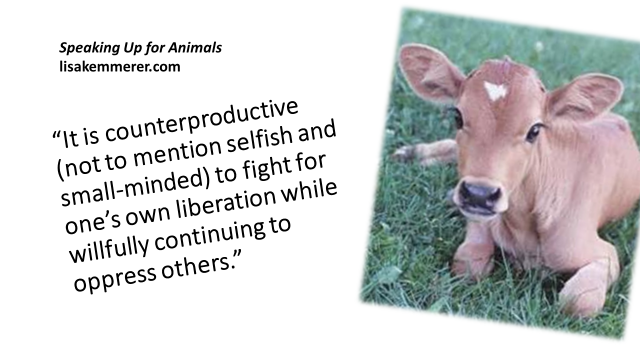
First-wave feminism, a period of feminist activity and thought, that occurred within the time period of the 18th and early 19th century throughout the world, focused mainly on suffrage and overturning legal obstacles to gender equality (voting rights, property rights).
Second-wave feminism which first began in the 1960’s in America broadened the debate to a wide range of issues: sexuality, family, the workplace, reproductive rights, de facto inequalities, and official legal inequalities. Second-wave feminism also drew attention to domestic violence and marital rape issues, establishment of rape crisis and battered women’s shelters, and changes in custody and divorce law. Its major effort was the attempted passage of the Equal Rights Amendment (ERA) to the United States Constitution which still has not passed.
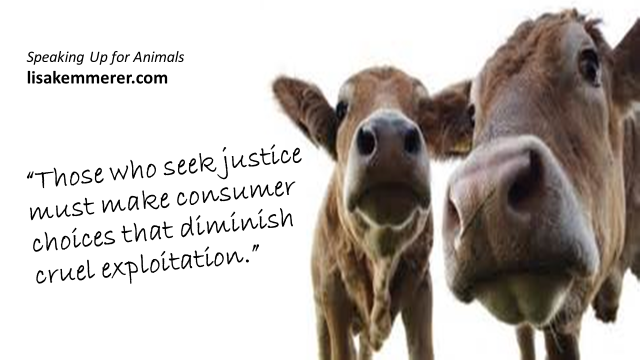
In the early 1990s in the USA, third-wave feminism began and distinguished itself from the second wave around issues of sexuality, challenging female heterosexuality and celebrating sexuality as a means of female empowerment. Standpoint theory is a feminist theoretical point of view that aims to understand how gender inequality interacts with racism, homophobia, classism and colonization in a “matrix of domination.” (source)
The fourth wave of feminism, a recent development within the feminist movement starting in 2008 and continuing into the present day, is defined as a movement that is connected through technology. Besides online feminism, the fourth-wave has been associated with the increased focus on intersectionality, including the repudiation of trans-exclusionary radical feminism and a focus on solidarity with other social justice movements. (source)
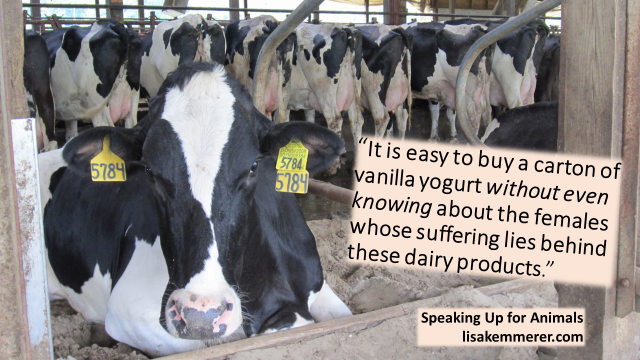
Intersectionality (or intersectional theory) is the study of overlapping or intersecting social identities and related systems of oppression, domination, or discrimination. The theory suggests that – and seeks to examine how – various biological, social and cultural categories such as gender, race, class, ability, sexual orientation, religion, caste, age, nationality and other sectarian axes of identity interact on multiple and often simultaneous levels. (source)
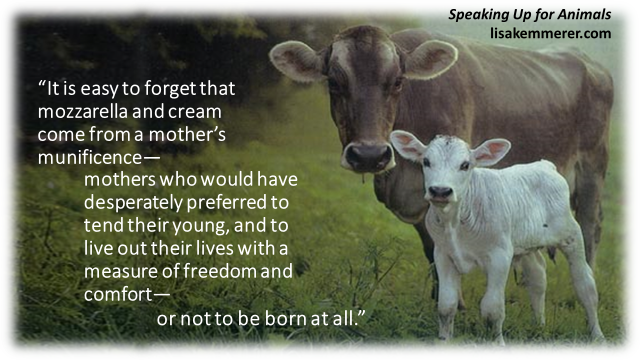
As feminists continue to evolve, layers of oppression are peeled back, understood, exposed, and challenged. Roots of dominate force are identified. Those who defend and protect the inherent worth of femininity eventually discover that all females – regardless even of species – deserve protection and empowerment.

The most vulnerable members of our society are those who don’t look or speak like us and never will. We often limit society’s vulnerable members to babies, children, the elderly, and disabled humans, however animals expand this definition. As a society we already have laws in place to protect domesticated and wild animals, however farmed animals have been largely excluded from consideration, care, and protection.

Objectifying sentient animals as food items thins the line between who gets protected and who gets exploited. It’s a slippery slope from roughly handling a pig to roughly handling a dog to roughly handling a child to roughly handling a woman. Once these actions are normalized and overlooked, they grow, spread, and transfer. Realizing that food-animal exploitation is a large root cause of other expressions of oppressions, modern feminists are called to adopt veganism.
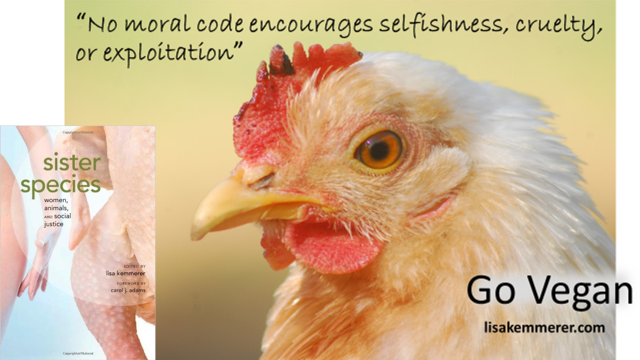
Lisa Kemmerer, an associate professor of philosophy and religion at Montana State University, Billings, has compiled an anthology of writing titled Sister Species: Women, Animals, and Social Justice which presents personal narratives from 14 activist who have personally explored links of oppression between human and animals, such exploitative enterprises as cockfighting, factory farming, vivisection, and the bushmeat trade. These essays remind readers that women have always been important to social justice and animal advocacy, and they urge each of us to recognize the links that continue to bind all oppressed individuals. The astonishing honesty of these contributors demonstrates with painful clarity why every women should be an animal activist and why every animal activist should be a feminist. (from book back cover)
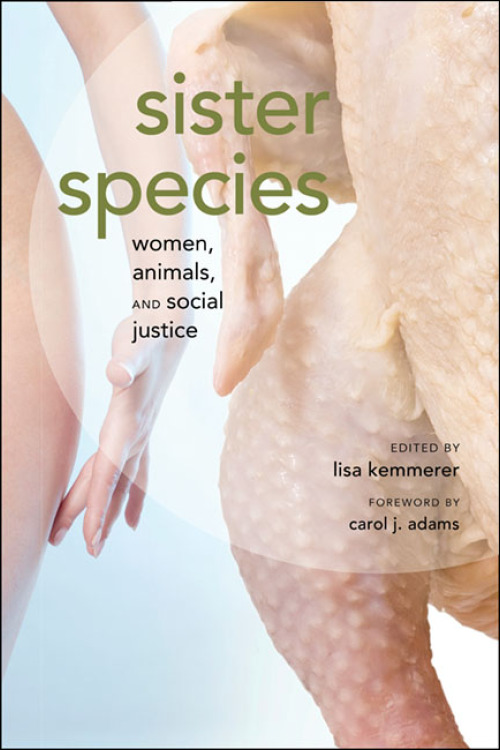
Quoted in the book: “For thousands of years patriarchy has waged a war against women; a war in which it controls and violates our bodies with rape, battering, forced motherhood, and conditioned self-hatred. As well as assigning women the exclusive sexual functions of reproduction and providing men pleasure, the patriarchy reduce women to instrument of labour.” (Heller 351)
While women across time and location have suffered and do suffer abuses to their bodies and exploitation of their fertility, we must look at how we, including female humans, do this very thing to farmed animals. We artificially inseminate females on industry rape racks, force females into pregnancy, destroy the mother/child bond after birth, steal her milk or eggs, slaughter or exploit her baby, and eventually slaughter her after she can no longer produce children, milk, or eggs. Female farmed animals are used for her milk, eggs, offspring, and flesh at the rate of billions of bodies per year so that humans can consume meat, dairy, and eggs – none of which humans need to consume to survive and thrive. All of this oppression, exploitation, and abuse is to satisfy human wants and desires with no regard to the animal’s wellbeing or desires.
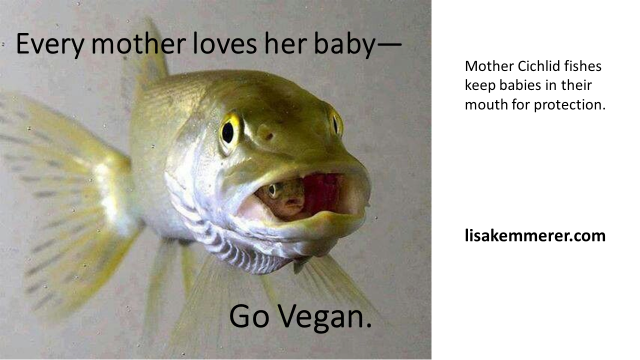
Veganism is a way of living which seeks to exclude, as far as is possible and practicable, all forms of exploitation of, and cruelty to, animals for food, clothing or any other purpose. (source)
If you have access to a grocery store or market that offers decent (quality & volume) plant-based foods (vegetables, fruits, nuts, grains, legumes) or if you grow your own, you can eat a vegan diet and help reduce oppression at its root. Veganism isn’t about perfection but about progress when practical and possible. It may require education, personal change, transition, a learning curve, discomfort, confusion, or frustration, but many vegans will tell you (because they’ve done it) that it’s more practical, possible, and pleasurable than you would initially believe.
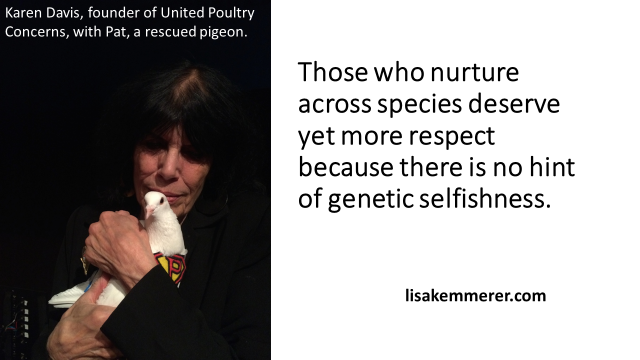
It is critical that feminists adopt veganism – in diet, entertainment, clothing, cosmetics, toiletries, and experimentation – to further & strengthen feminism.
“Embarrassingly, history has shown time and again how humans complain about the pinch in their own shoes, while failing to see that their tight-fitting shoes are trampling on someone else.” Lisa Kemmerer, Sister Species
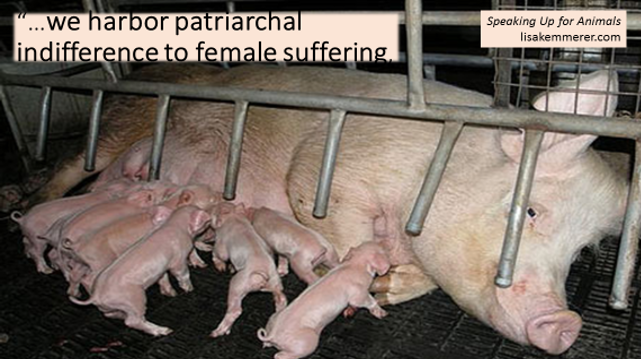
If you are sincere about feminism, and I trust that you are, I encourage you to pick up Lisa’s book to dive deep into the presented material which will empower you to omit the bodies and bodily excretions of horribly exploited, oppressed, and abused farmed animals.
From the book: “While busy trying to make it better, I unwittingly sustained myself on meat, eggs, and dairy products from farmed animals forced to languish in crates, pens, stalls, and sheds – simply because they were “other.” They weren’t people, or companion animals, or endangered animals, or exotic animals. If they had been, they might have been worthy of consideration, of protection. Instead, they were “food.” Because we viewed them as breakfast, lunch, and dinner, we felt justified in “growing” them as quickly and cheaply as possible to fill grocery stores and pantries.” Miyun Park
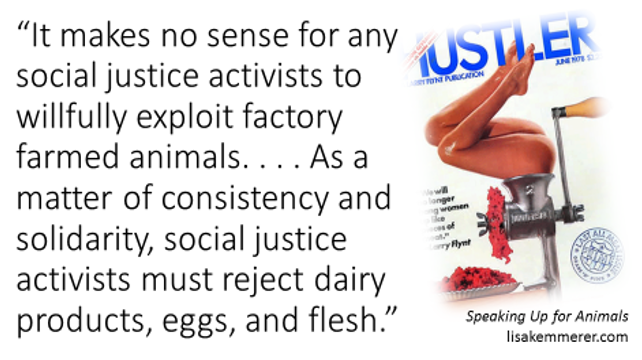
From the book: “Approximately 9.5 billion animals die annually in food production in the United States alone. This compares with 218 million killed by hunters and trappers and in animal shelters, biomedical research, product testing, dissection, and fur farms, combined. Approximately 23 million chickens and 268,000 pigs are slaughtered every 24 hours in the USA. That’s 266 chicken per second, 24 hours a day, 365 days a year.” David Wolfson & Mariann Sullivan
Additional Resources
• What Any Social Justice Activist’s Lunchbox Must Contain
• Getting Started on a Low Fat, Whole Food, Plant-Based Diet

{ 5 comments… read them below or add one }
This is written with incredible clarity and includes the most important points for a perfect synopsis.
I am moved that you have focused on my work. (If you liked Sister Species, you will probably enjoy Speaking Up for Animals as well.) Activist authors write for one reason–to reach others and try to work for change. Thank you for helping to move the hours of writing and editing out into the world.
And thank you for this powerful statement on behalf of women and anymals.
Thank you Lisa for taking the time to read and comment. I’ll definitely pick up more of your books! xo
“jungle man” should also stop using animals
Who is “jungle man?”
Hi there!
This was such an eye-opening and thought-provoking read! I really appreciate the way you connect fourth-wave feminism with veganism, offering a compelling perspective on the intersection of ethics, activism, and lifestyle choices. Your insights are both powerful and inspiring. Thank you for sharing this important message!